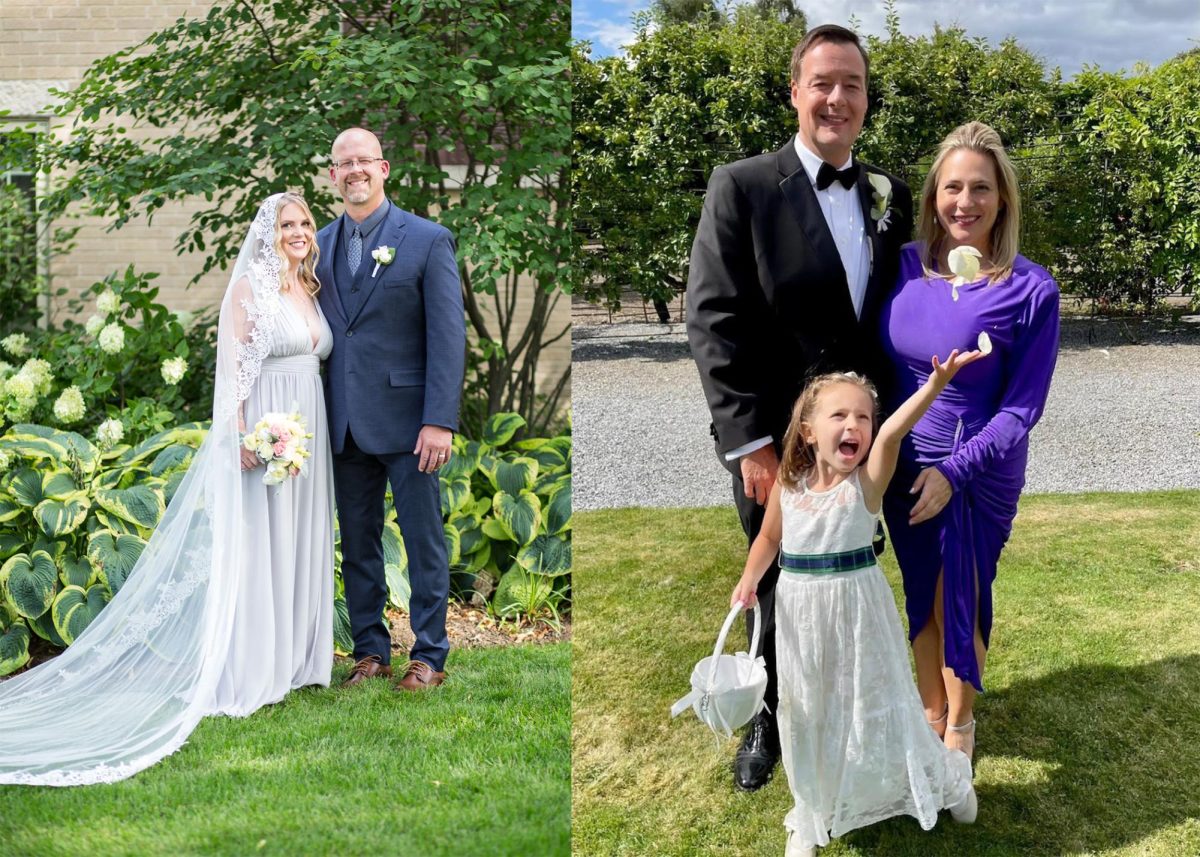Most students can say that they have been yelled at many times to get to class, questioned for a pass in the hallway or interrogated about where they are heading. Believe it or not, there are teachers who have had the same experiences.
Being mistaken for a student seems like part of the job description for many of South’s newer instructors.
Math teacher Brian Schmalzer said he was mistaken for a student so often that he grew a beard just to distinguish himself from his students.
“I used to get asked for hall passes, and I was told to get to class several times,” Schmalzer said.
Schmalzer also said that there was a time when some TLC student tutors also came into his classroom to help out, and he was told numerous times to get his materials out and get to work.
“I started laughing [after the tutor kept repeating that] because I realized he thought I was a student, so I said, ‘I’m the teacher’,” Schmalzer said. “ It took me standing up and going to my desk to prove to him that I was the teacher. The poor guy didn’t talk to me for the rest of the period.”
History teacher Joanna Lialios is also often mistaken for a student.
“Many times, especially when I first started working [at South], the paraprofessionals would yell to me, ‘Hey, where’s your pass?’,” Lialios said. “I also think some students think I’m a student as well.”
Art teacher Stephanie Fuja has been asked for a pass so many times while walking through the halls that she wears her keys around her neck to avoid being mistaken for a student.
Being a younger teacher has more difficulties than constantly being mistaken for a student, according to Lialios.
“I think that especially for a first year teacher, some students think that they can take advantage of you because you look like a student,” Lialios said. “From the very beginning you have to establish what kind of relationship you are going to have with your students so that they can’t walk all over you.”
History teacher Benjamin Widner, who also had to grow facial hair to avoid being mistaken for a student, said that being a young teacher required learning on the fly. Once he made a lesson plan that he thought his students would love but ended up getting a very different reaction.
“I looked around the room and a handful of kids were having a hard time keeping their eyes open, and I thought, ‘This is going nothing like I thought it would’,” Widner said.
Despite some obstacles, the younger teachers all agreed that there are also many advantages in being closer in age to their students.
“As younger teachers, we can relate a little bit more to the students and what they’re going through today because we weren’t there that long ago,” Fuja said.
Schmalzer said despite the struggles his youth brings, he continues to learn alongside students and is working towards becoming a more advanced teacher.
“It’s a lot of work at a young age, but you advance quickly,” Schmalzer said. “It’s all worth it.”








